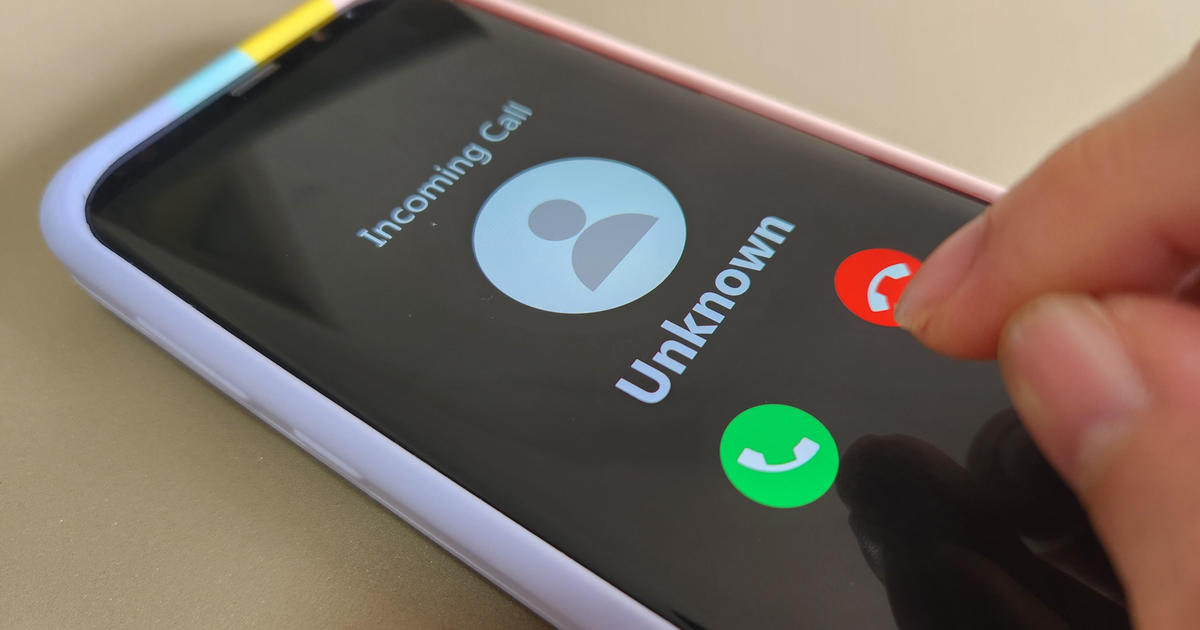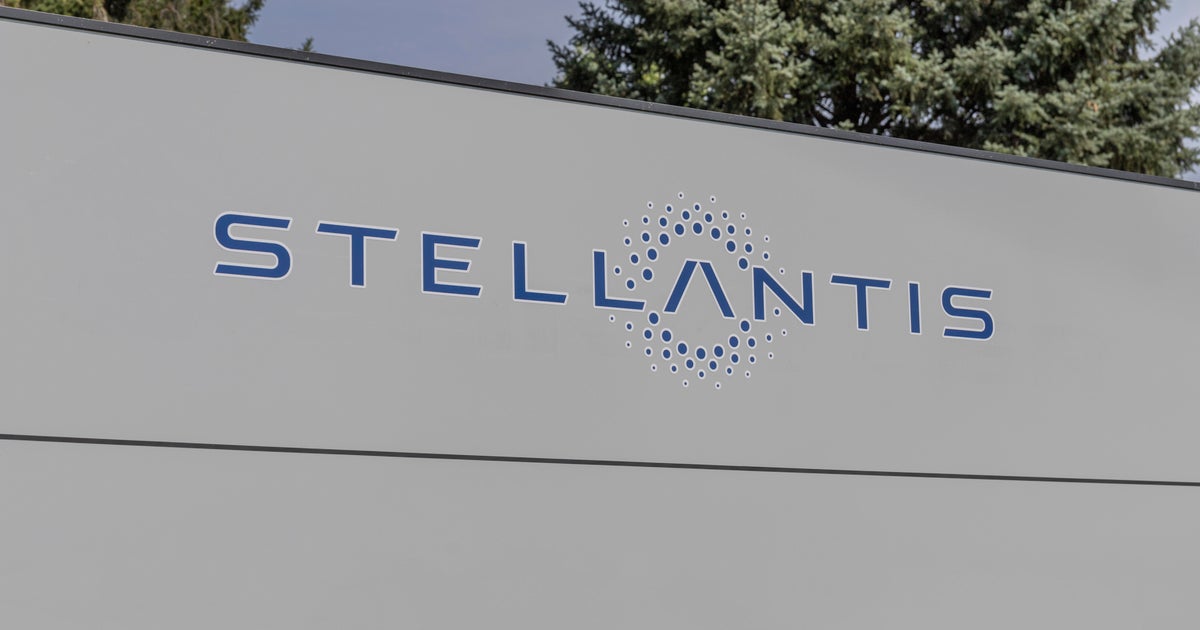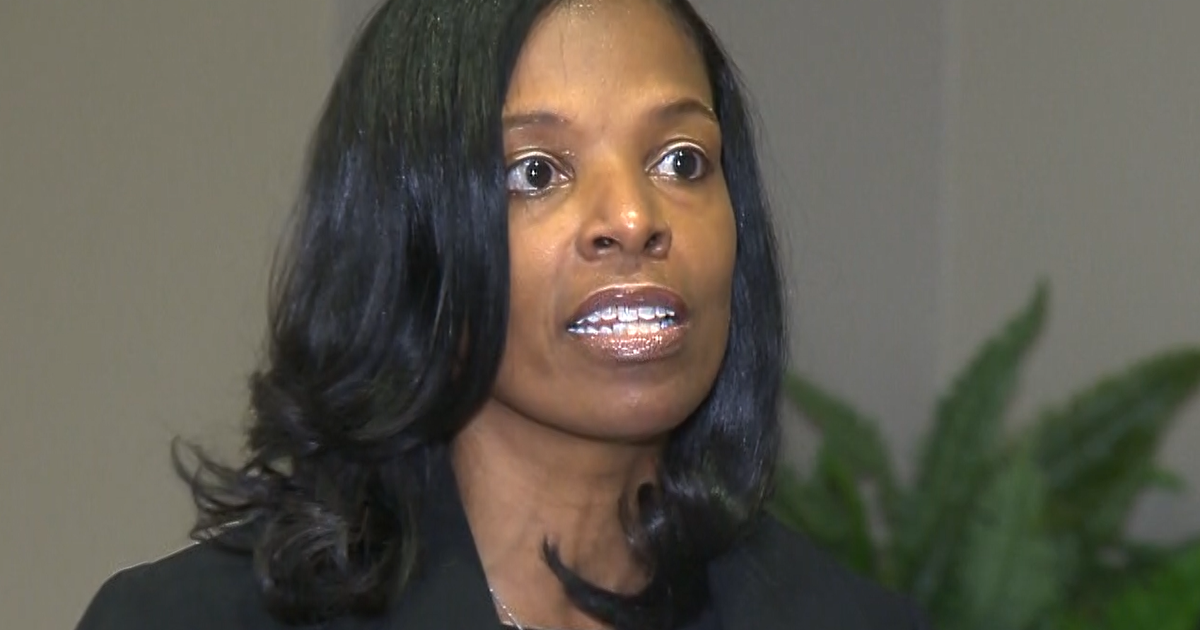Your Retirement Plan Is Not A Revolving Savings Account
BOSTON (CBS) - Most 401(k) plans and some 403(b) and 457 plans allow the participant to borrow from their plan. According to the Employee Benefit Research Institute's latest study on borrowing, about 20% of participants have outstanding loans from their plans.
And according to a Fidelity Investments study hardship withdrawals from 401(k) plans have increased. This is money the employee will never repay to her account.
The maximum you can borrow from your account is 50% or $50,000, whichever amount is smaller. And sometimes there is a minimum such as $1000. There are also fees associated with borrowing for there is paperwork involved.
Over 80% of 401(k) plans allow borrowing, the thinking here is that the employee will be more likely to contribute to the retirement plan if they are allowed to get at the money thru borrowing. It could very well be a selling point but I am not a big fan of borrowing from your retirement plan.
It sounds so good, borrow from yourself, and pay yourself back! When you do the actual calculations it doesn't work that neatly.
You borrow money you contributed to the plan; these are dollars you have not paid taxes on for they went into your account pre-tax. You pay back the loan with after tax dollars. Then in retirement you withdraw the money as a good citizen should and you pay income taxes again on it. You have doubled taxed yourself on your money.
And what if you lose your job, either because you have been downsized or are ready to move on to another job? You are required to pay back the outstanding loan within 30 to 60 days. For most people the reason for borrowing was that they did not have money in the first place so now they can't pay back the balance of the loan.
The outstanding balance is now considered a withdrawal from your retirement plan and you will owe income taxes on the amount outstanding when you file your tax return and if you are under the magic age of 59½ you will also owe a 10% penalty on top of the taxes! Ouch!
Look to other sources for borrowing. A home equity line of credit may be a better deal for the interest rates are about the same and you get a tax deduction on the interest you pay. And if you have a very good credit score the interest rates may actually be lower.
....................
You can hear Dee Lee's expert financial advice on WBZ NewsRadio 1030 each weekday at 1:55 p.m., 3:55 p.m., and 7:55 p.m.
Subscribe to Dee's Money Matters newsletter here.







